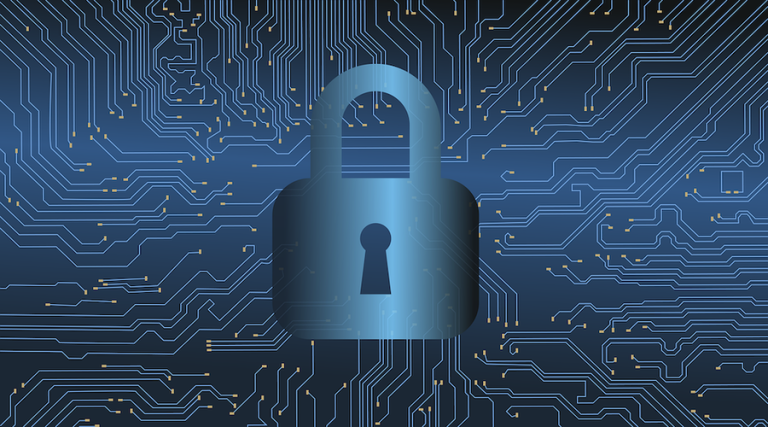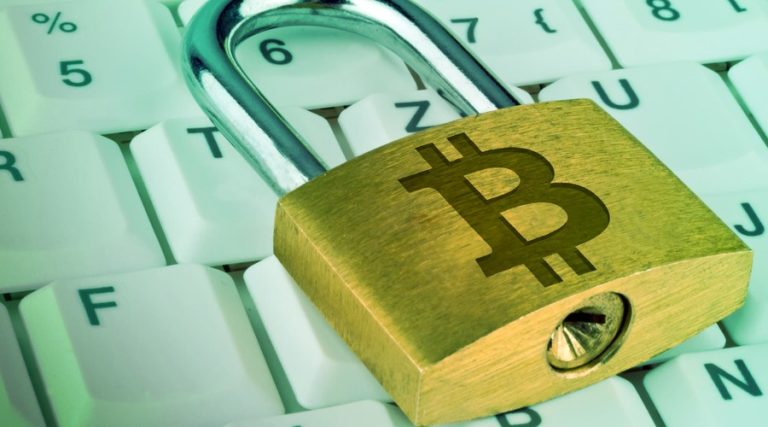
Blockchain technology is often associated with cryptocurrencies, but it can be applied to various industries, including gaming. The gaming industry has witnessed a significant shift from traditional gaming methods to digital gaming, leading to the development of decentralized gaming ecosystems. Blockchain technology plays a critical role in creating these ecosystems by offering transparency, security, and decentralization. In this article, we will discuss the role of blockchain in creating decentralized gaming ecosystems.
What is a Decentralized Gaming Ecosystem?
A decentralized gaming ecosystem is a network of gamers, game developers, and other stakeholders who interact with each other without the involvement of intermediaries. The traditional gaming industry relies on intermediaries such as game publishers, app stores, and payment processors to facilitate transactions between players. These intermediaries take a significant portion of the revenue generated, leaving little for the game developers and players. Decentralized gaming ecosystems eliminate intermediaries and allow players to interact directly with developers, enabling more significant revenue share and creating a more open and transparent gaming environment.
Blockchain Technology in Decentralized Gaming Ecosystems
Blockchain technology plays a critical role in creating decentralized gaming ecosystems. Blockchain technology offers several features that are essential in creating an open and transparent gaming environment. These features include immutability, transparency, and decentralization.
Immutability
Blockchain technology offers immutability, which means once data is recorded on the blockchain, it cannot be altered or deleted. This feature is crucial in the gaming industry, where cheating and hacking are prevalent. With blockchain technology, game developers can create games that are tamper-proof, making it challenging for players to cheat or hack the game. This feature also ensures that the results of the game are fair and cannot be manipulated.
Transparency
Blockchain technology offers transparency, which means all transactions are visible and can be traced on the blockchain. This feature is crucial in the gaming industry, where players and developers need to be sure that their transactions are secure and transparent. With blockchain technology, players can be confident that their transactions are secure, and developers can be sure that their games are fair and transparent.
Decentralization
Blockchain technology offers decentralization, which means there is no central authority controlling the network. This feature is crucial in creating decentralized gaming ecosystems, where players can interact with developers without intermediaries. Decentralization also ensures that the network is more secure, as there is no single point of failure.
Creating Decentralized Gaming Ecosystems with Blockchain
Blockchain technology can be used to create decentralized gaming ecosystems in several ways. Some of the ways include:
Non-Fungible Tokens (NFTs)
Non-fungible tokens (NFTs) are unique digital assets that can be bought, sold, and traded on the blockchain. NFTs can be used in gaming to create unique in-game items, such as weapons, skins, and characters. Players can buy and sell these items on the blockchain, and game developers can earn revenue by taking a percentage of each transaction. This feature allows players to have ownership of their in-game assets, which can be transferred to other games.
Smart Contracts
Smart contracts are self-executing contracts with the terms of the agreement between the buyer and the seller being directly written into lines of code. Smart contracts can be used in gaming to automate transactions between players and developers. For example, smart contracts can be used to automate payments between players and developers when a player completes a task in the game. This feature ensures that payments are made automatically and eliminates the need for intermediaries.
Decentralized Autonomous Organizations (DAOs)
Decentralized autonomous organizations (DAOs) are organizations that are run by rules encoded as computer programs called smart contracts. DAOs can be used in gaming to create decentralized organizations that are run by players and developers. For example, a DAO can be used to create
a community-driven game development project where players can contribute their ideas and skills to the development of the game. The rules and governance of the DAO can be encoded in smart contracts, making it transparent and democratic.
Decentralized Marketplaces
Decentralized marketplaces can be created on the blockchain to facilitate the buying and selling of in-game items and services. These marketplaces allow players to buy and sell their in-game assets without intermediaries, enabling a more significant revenue share for players and developers. Decentralized marketplaces can also be used to offer services such as game hosting and matchmaking, eliminating the need for centralized servers.
Benefits of Decentralized Gaming Ecosystems
Decentralized gaming ecosystems offer several benefits over traditional gaming ecosystems. These benefits include:
Transparency and fairness:
Decentralized gaming ecosystems are transparent and fair, as all transactions and game outcomes can be traced on the blockchain.
Increased revenue share:
Decentralized gaming ecosystems eliminate intermediaries, enabling a more significant revenue share for players and developers.
Ownership of in-game assets:
Decentralized gaming ecosystems allow players to have ownership of their in-game assets, which can be transferred to other games.
Community-driven development:
Decentralized gaming ecosystems enable community-driven development, where players can contribute their ideas and skills to the development of the game.
Security:
Decentralized gaming ecosystems are more secure, as they are tamper-proof and have no single point of failure.
Conclusion
In conclusion, blockchain technology plays a critical role in creating decentralized gaming ecosystems. Blockchain technology offers immutability, transparency, and decentralization, which are essential in creating an open and transparent gaming environment. Non-fungible tokens, smart contracts, decentralized autonomous organizations, and decentralized marketplaces are some of the ways blockchain technology can be used to create decentralized gaming ecosystems. Decentralized gaming ecosystems offer several benefits over traditional gaming ecosystems, including transparency, increased revenue share, ownership of in-game assets, community-driven development, and security. As the gaming industry continues to evolve, blockchain technology will play an increasingly important role in creating decentralized gaming ecosystems.
I’m a highly experienced and well-respected author in the field of Cryptocurrency. I have been writing on the subject for over 5 years which has made me one of the leading experts in the field. My work has been featured in major publications such as The Wall Street Journal, Forbes, and Business Insider. I’m a regular contributor to CoinDesk, one of the world’s leading cryptocurrency news websites.


